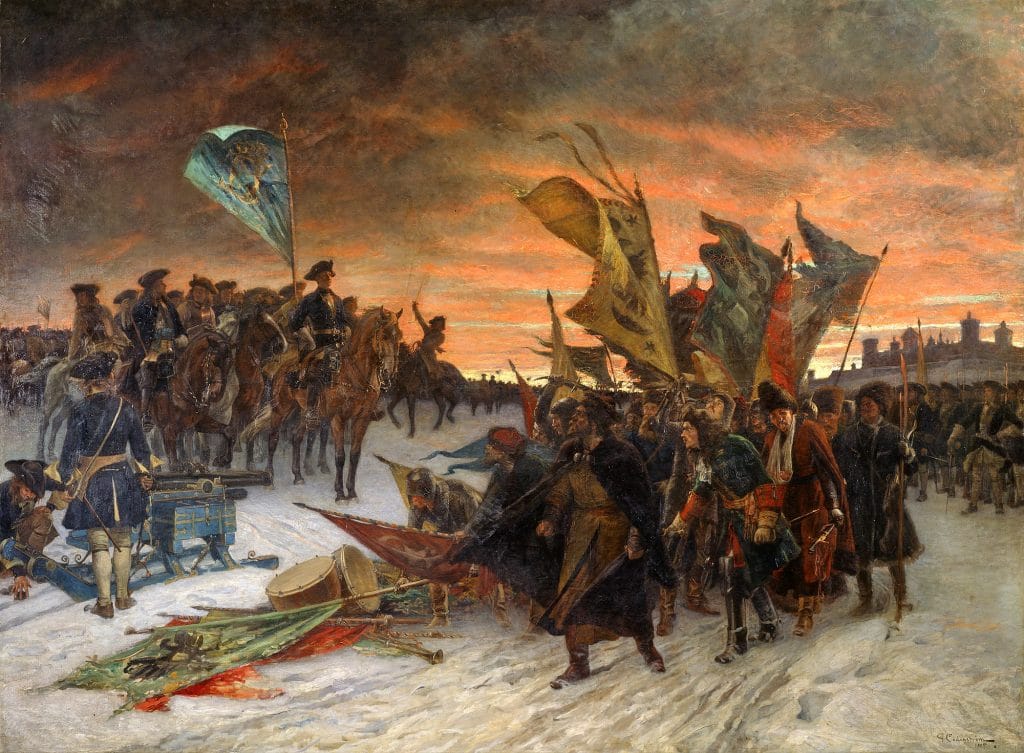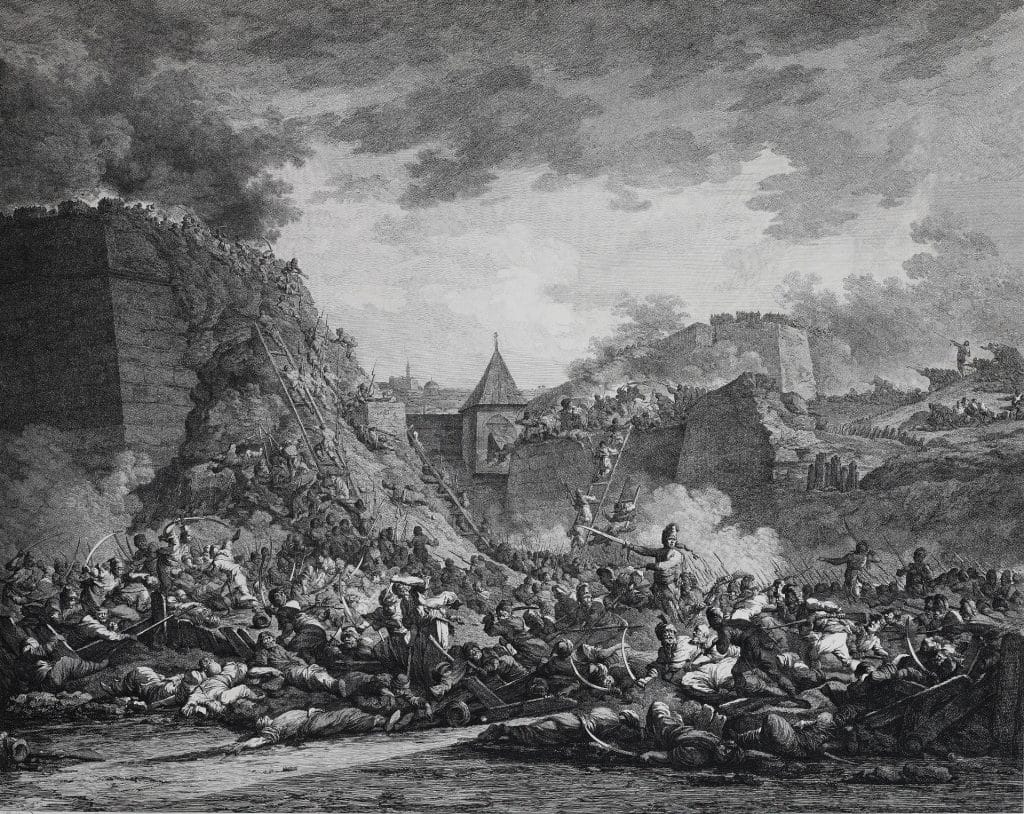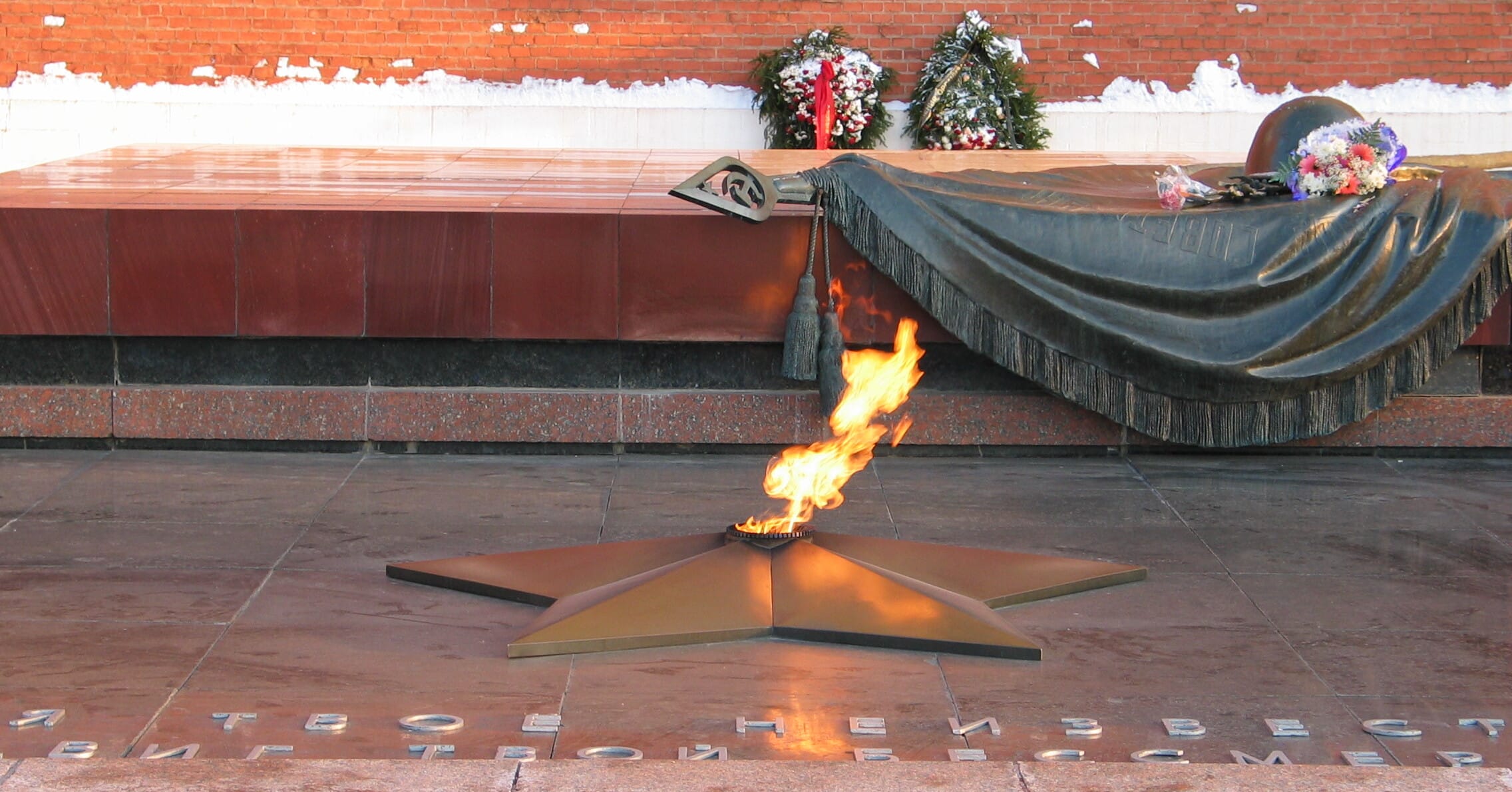At the turn of 2021 and 2022, some Russian officials stated that in its entire history Russia had never initiated a war. We have verified the accuracy of such statements.
December 25, 2021, press secretary of the Russian President Dmitry Peskov stated on the TV channel “Russia 1”: “Russia has never attacked anyone throughout its history. And Russia, which has experienced so many wars, is the last country in Europe that even wants to utter the word “war.” A month later, Chairman of the Federation Council Committee on International Affairs Grigory Karasin emphasizedthat “Russia never wanted war. We were all brought up in the traditions of our grandparents, who always said that there could be different developments in life, but the main thing is that there is no war. Russia has never been an aggressor. Didn't attack anyone".
Throughout its centuries-old history, Russia has repeatedly fought with neighboring (and not only) states, conducting military operations on its own soil and on the territory of other countries.
One example of offensive warfare initiated by Russia is the Livonian War, which began in January 1558. “In 1558, Russian troops marched through Livonia with fire and sword from Pskov to Ivangorod, ravaging the outskirts of Dorpat,” - wrote Doctor of Historical Sciences, Professor of St. Petersburg State University Ruslan Skrynnikov. Alexander Filyushkin, head of the department of history of Slavic and Balkan countries at St. Petersburg State University, clarifies: “There is a Russian document declaring war on the Livonian Order, preserved in the original. It dates from November 1557. Ivan the Terrible waited the required three years from the moment the treaty was concluded, did not wait for the promised payment of tribute and went, as promised, to “look for tribute” on his own. That is, the Russian invasion of Livonia is a planned action.” However, the historian notes, already in December 1557, negotiations took place between Russian and Livonian diplomats, after the failure of which the Russian army carried out a raid along Lake Peipsi in January 1558.
Russia was the initiator of the Russian-Swedish war of 1656–1658, the purpose of which was to regain the access to the Gulf of Finland that was lost at the beginning of the 17th century, during the Time of Troubles. The decision to start the war was made in February 1656, but active hostilities began only in the summer. Tsar Alexei Mikhailovich was waiting for the construction of river vessels for the movement of military supplies, siege artillery and food along the Western Dvina (Daugava), as reports historian Oleg Kurbatov.
The Northern War also began at the initiative of Russia. In the collective monograph “History of the Northern War of 1700–1721” indicatedthat on August 9 (20), 1700, a day after receiving news from Constantinople about the signing of a truce with Turkey for 30 years, Russia declared war on Sweden. Russian troops began moving from Moscow through Novgorod to Narva, the capture of which was considered a priority task.

With the declaration of war by Russia and the crossing of the border by the Russian corps started and the last Russian-Swedish war - 1808–1809. To be fair, we note that the previous two (1741–1743 and 1788–1790) were started by Sweden, which tried to challenge the results of the Northern War.
February 5 (January 25, old style) 1808 Emperor Alexander was the first sent an ultimatum to Stockholm, signifying the beginning of the war, which, due to difficult weather conditions (according to the official version), was delivered to the address only three weeks later. By this time, the Russian corps had already crossed the border between the two countries, which ran approximately along the current line between Russia and Finland.
Russia repeatedly started combat operations and in wars against Turkey. In the war of 1735–1739, its formal declaration was delayed until 1736. The Russian army under the command of Field Marshal Burkhard Minich took Azov and Ochakov, and twice occupied Crimea, which it was forced to leave due to lack of food and the plague epidemic.
The subsequent two Russian-Turkish wars (1768–1774 and 1787–1791) started after Catherine II rejected the ultimatums of the Porte, with the actions of the Ottoman army on land and the fleet at sea. Initiator of the War of 1806–1812 became Turkish Sultan Selim III, who removed the Moldavian and Wallachian rulers Alexander Muruzi and Constantine Ypsilanti without the consent of Russia and closed the passage through the Bosphorus for Russian ships. Russian troops, according to Article 16 The Kuchuk-Kainardzhi Treaty of 1774 occupied the principalities, in response, Türkiye declared war on Russia in December 1806.

Soviet Russia and then the USSR also more than once fought wars that can be called aggressive. In particular, in May 1920, contrary to assurances about the imminent withdrawal of the Caspian flotilla from the port of Anzali after the seizure of ships of the White Guard fleet and the removal of the property of the white flotilla, the ships of the RSFSR and the landing force of sailors remained on Persian territory and for a long time supported the government of the Persian Soviet Republic. In February-March 1921, units of the 11th Army occupied Georgia.
The campaign of September 1939, when the Red Army struck in the rear of Polish troops trying to continue resisting the German invasion, can hardly be considered a defensive war.
Finally, the USSR, accusing Finland of shelling Soviet territory near the village of Maynila on the Karelian Isthmus, which resulted in human casualties (in fact, the 68th Infantry Regiment of the 70th Infantry Division of the 7th Army was located in this area didn't have personnel losses) demanded withdraw troops from Helsinki and, in response to a request from the Finnish side for an objective investigation of the incident, declared war on Finland. In response to a request from the League of Nations to cease hostilities and begin negotiations with the Finnish government, Moscow answered, that is not in a state of war and relations between the two countries are regulated by an agreement of mutual assistance and friendship with the puppet government of the Finnish Democratic Republic. On December 14, the USSR was excluded from the League of Nations.
Not true
- Were the Red Army's military operations against Poland in September 1939 a “liberation campaign”?
- Is it true that the countries where McDonald's restaurants operate are not at war with each other?
If you find a spelling or grammatical error, please let us know by highlighting the error text and clicking Ctrl+Enter.






